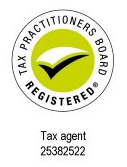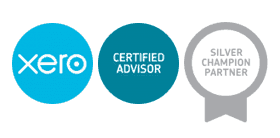If your business is growing you may find yourself with a need to purchase equipment or other assets to help you service your customers. But it is not always clear how these purchases can or should be paid for. Low value equipment or tools can generally be financed via your working capital. However, larger assets may require financing arrangements to be made.
What is an asset?
In financial and accounting terms, an asset is considered to be any resource owned either by an individual, business or entity that has economic value. It can be something that holds value or produces value.
When it comes to asset finance eligibility the asset in question must be able to be converted into cash.
Examples of Assets
There are many different types and examples of assets. Some of the most common assets are houses, real estate, and vehicles. But even financial investments, machinery, equipment, and other contents can be considered as assets both for use as collateral/security and for asset finance eligibility.
The Value of Assets
In general, the value of an asset is determined by their market value should they be sold. However, other factors can contribute (negatively) to its value. For example, any debt owed for which the asset is acting as security for is deducted from its value.
Balance Sheet Assets
Every business accountant will maintain a balance sheet for your company. This tool is used by accountants to list all of your assets and liabilities.
When you’re looking to use an asset as collateral for financing a loan or checking whether a particular asset is eligible to be financed itself, the asset will need to be included in your balance sheet, though there are some unique circumstances and asset classes where this is not the case.
What can I use asset finance for?
One of the most common questions we receive is what one can use asset finance for. Does asset finance include cars and vehicles or just property and real estate?
Asset finance can be used to buy a wide variety of assets. This can include hard assets like vehicles, machinery and equipment, and in some cases soft assets that are less durable, such as IT technology..
As a general rule, lenders want to know that the asset is something identifiable in that it can be quantified, durable in that it retains value, and saleable so that, if necessary, it can be sold for cash.
There are also a number of different assets that can be used as collateral. This can include bank savings deposits and/or financial investment accounts. Even future invoices can be used to finance loans, though this takes us into a whole different category of financial instruments.
Who is eligible for asset finance?
Small, medium, and large sized businesses are all able to apply for finance. Start-ups might need capital to fund growth while larger organisations may need a solution for cash flow issues.
Your asset finance eligibility will depend on a number of factors, not least of which is the type of asset you’re financing. A strong balance sheet will make it much easier for you to obtain finance.
If you need help in getting your balance sheet in shape and ready for asset finance get in touch now.









